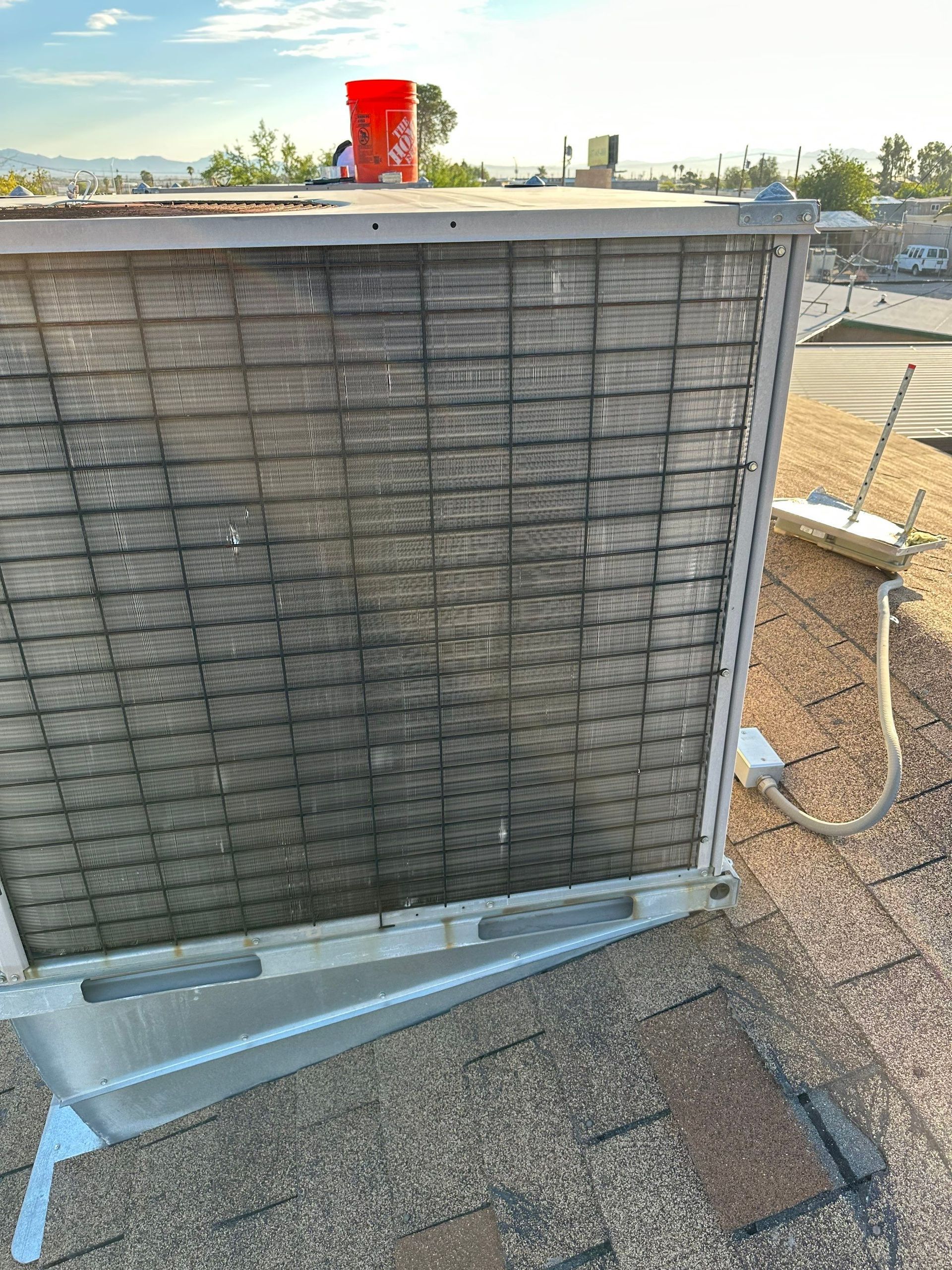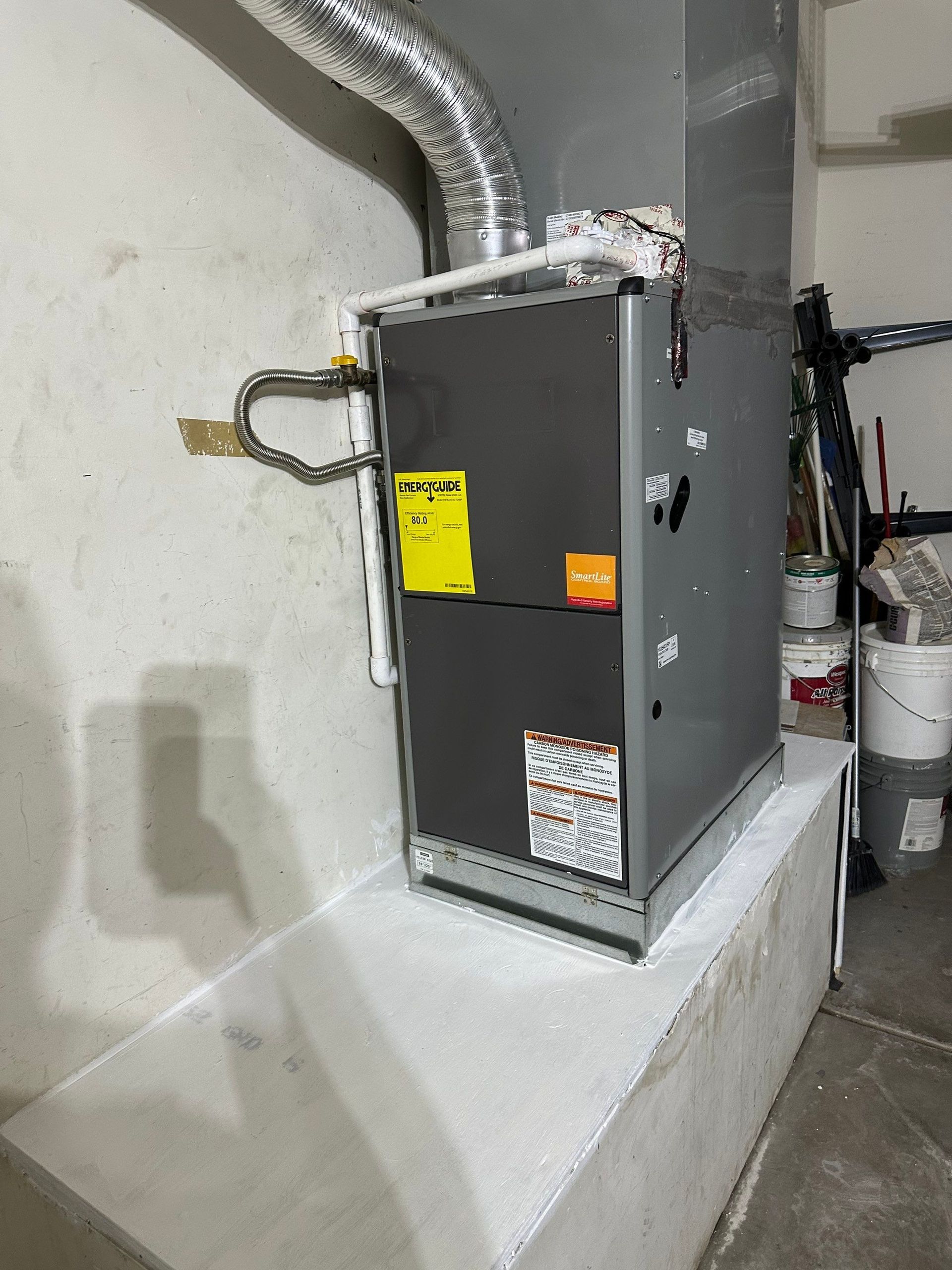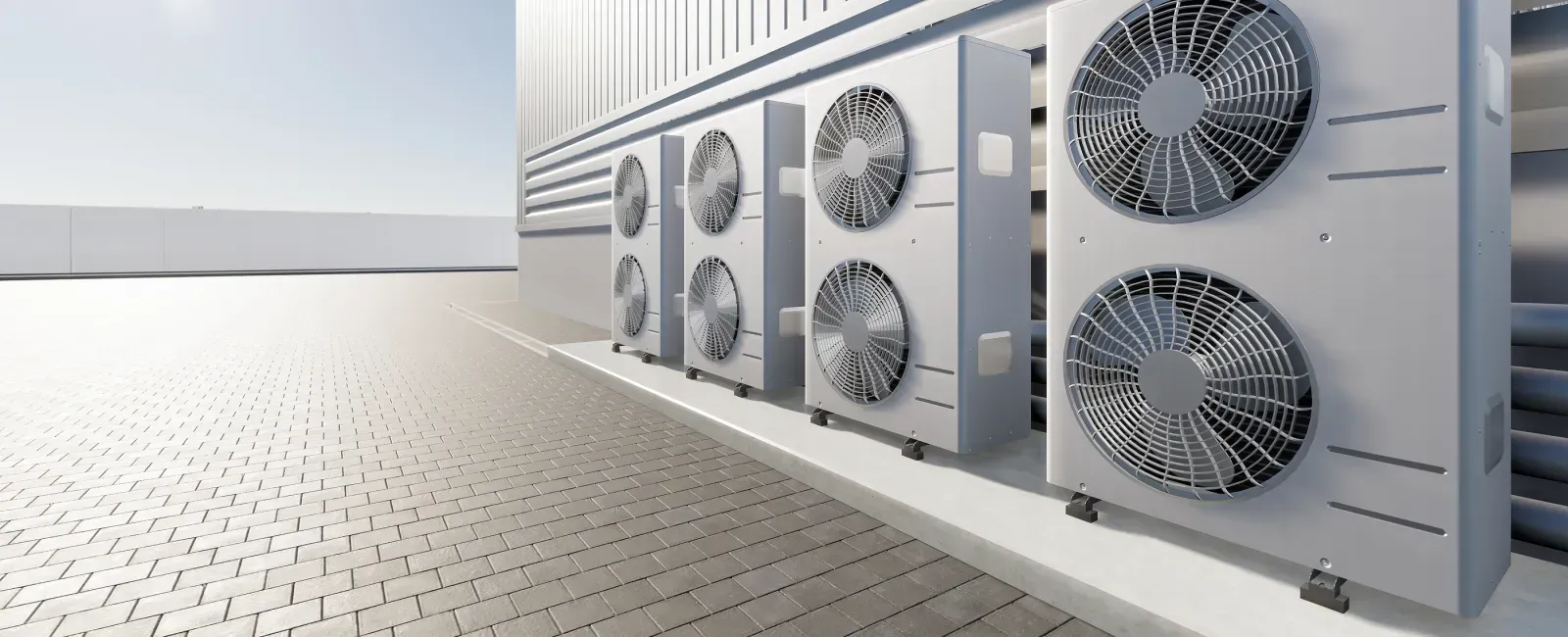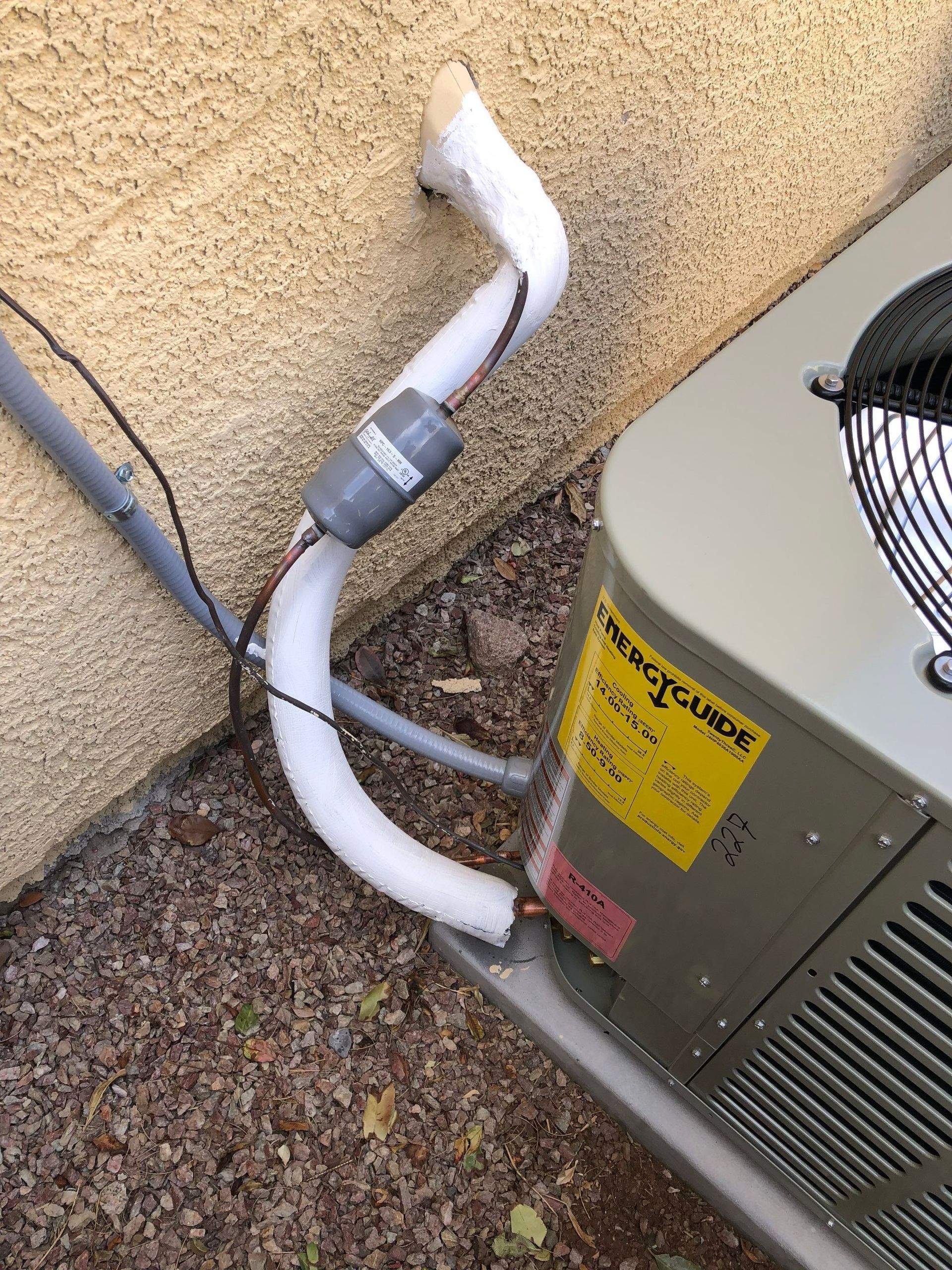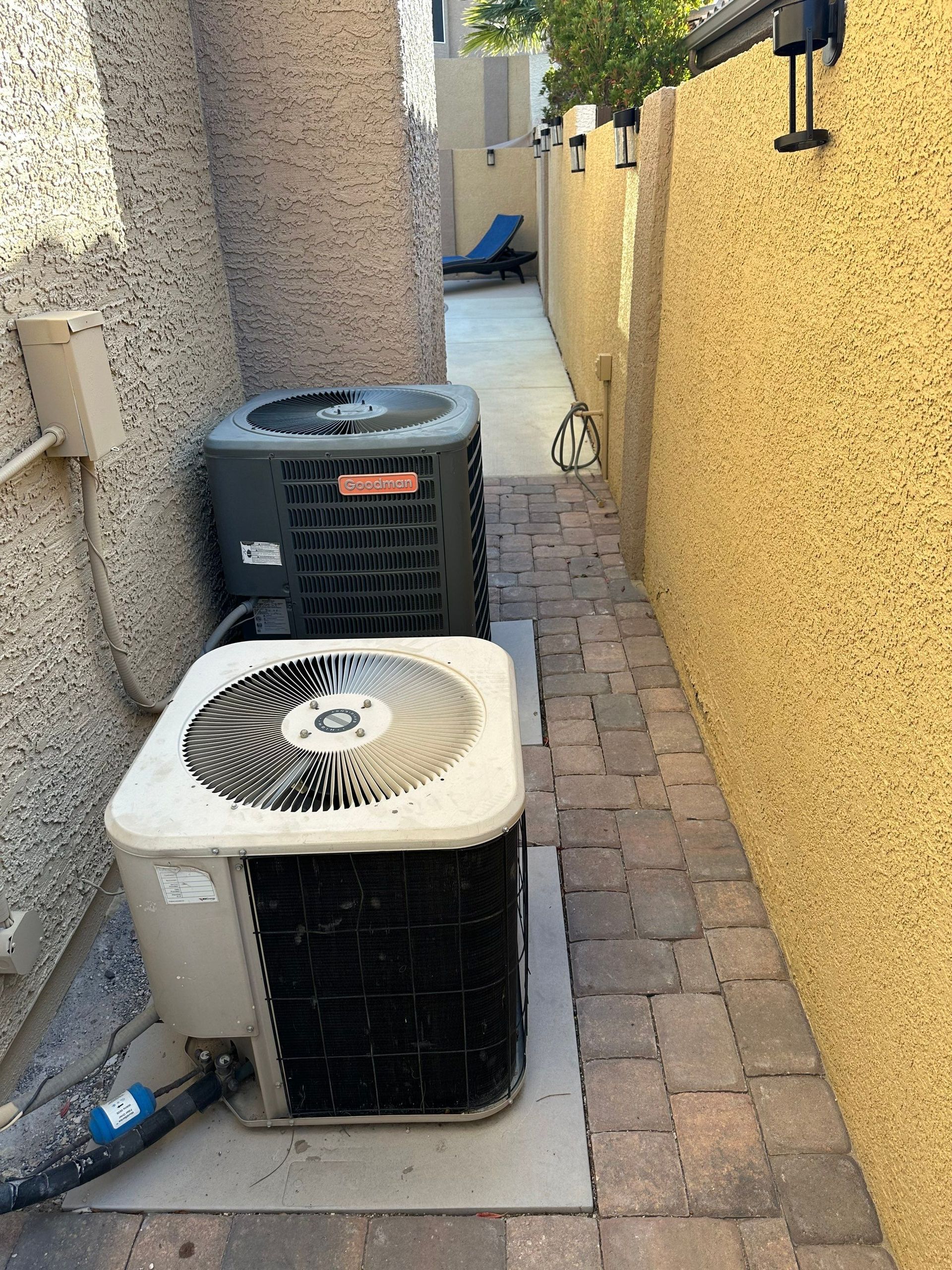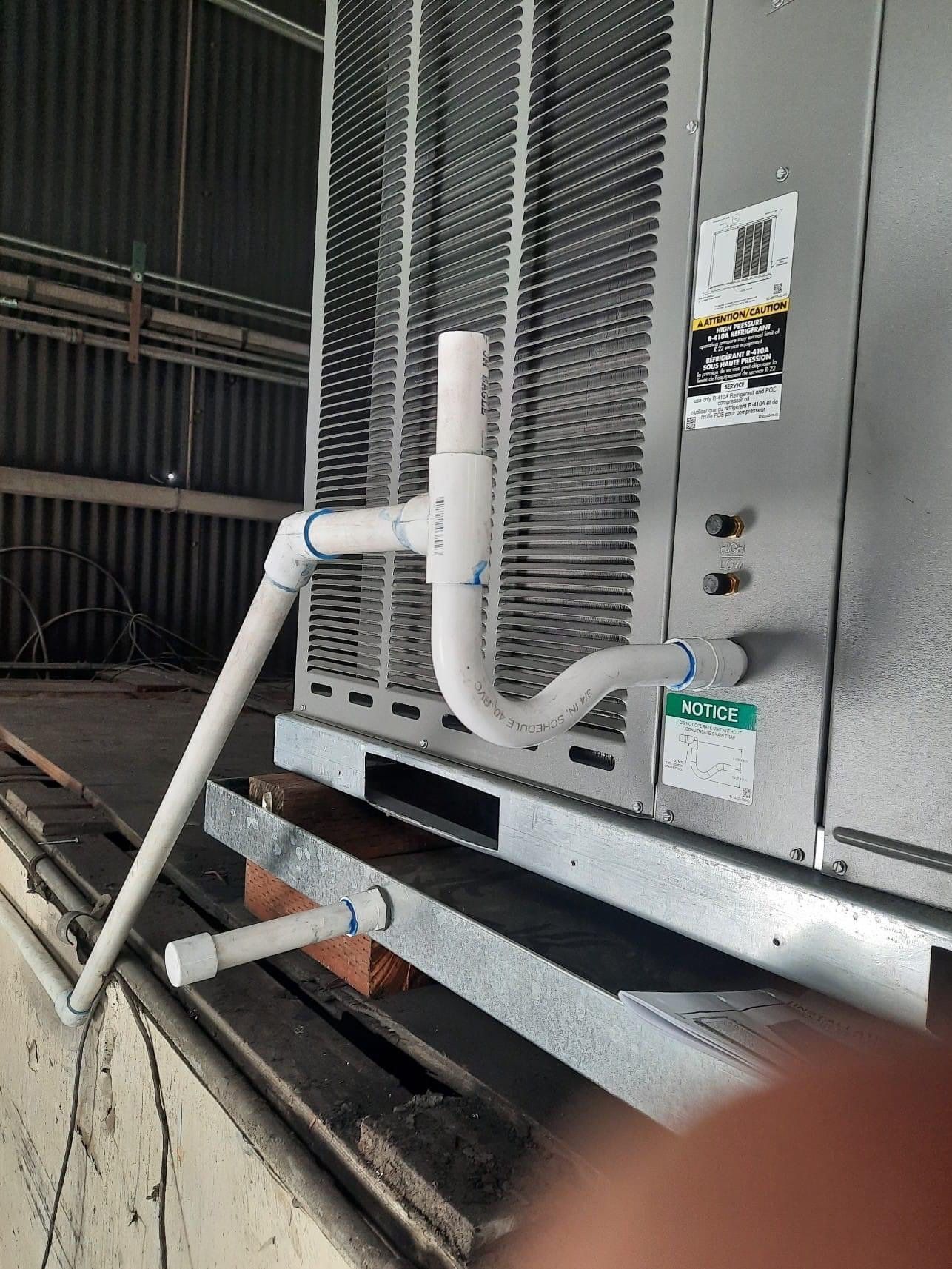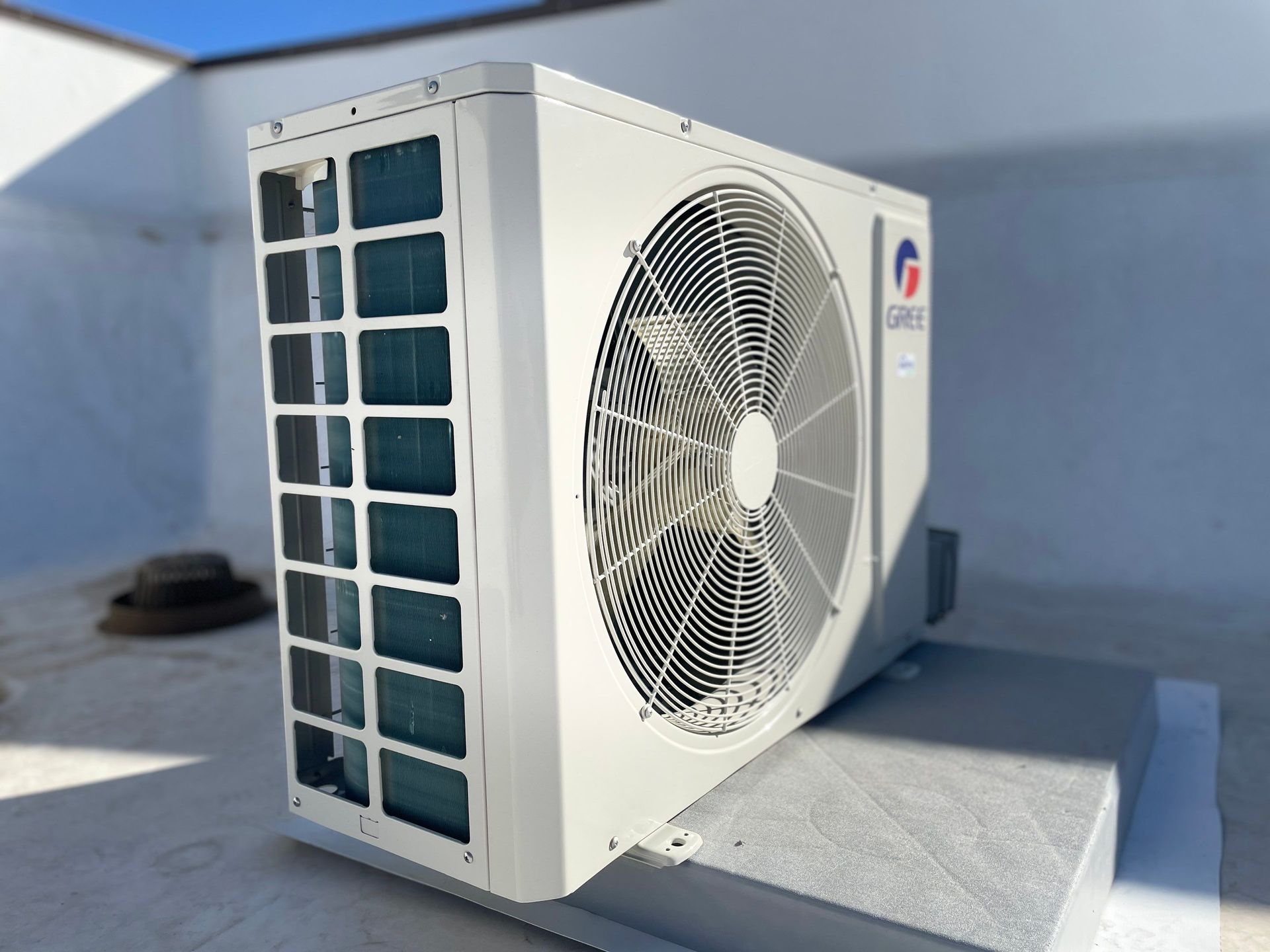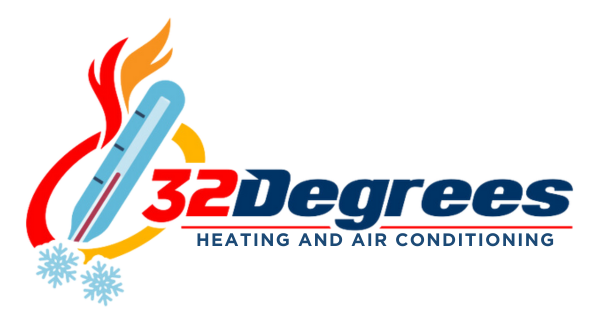What Maintenance Is Required to Keep a Heat Pump Operating Efficiently?
Heat pumps are an excellent choice for year-round comfort, offering both heating and cooling in a single, energy-efficient system. However, like any hardworking appliance, they need regular maintenance to perform at their best. Neglecting upkeep can lead to higher energy bills, reduced comfort, and costly repairs. So, what does heat pump maintenance involve? Let’s break it down.
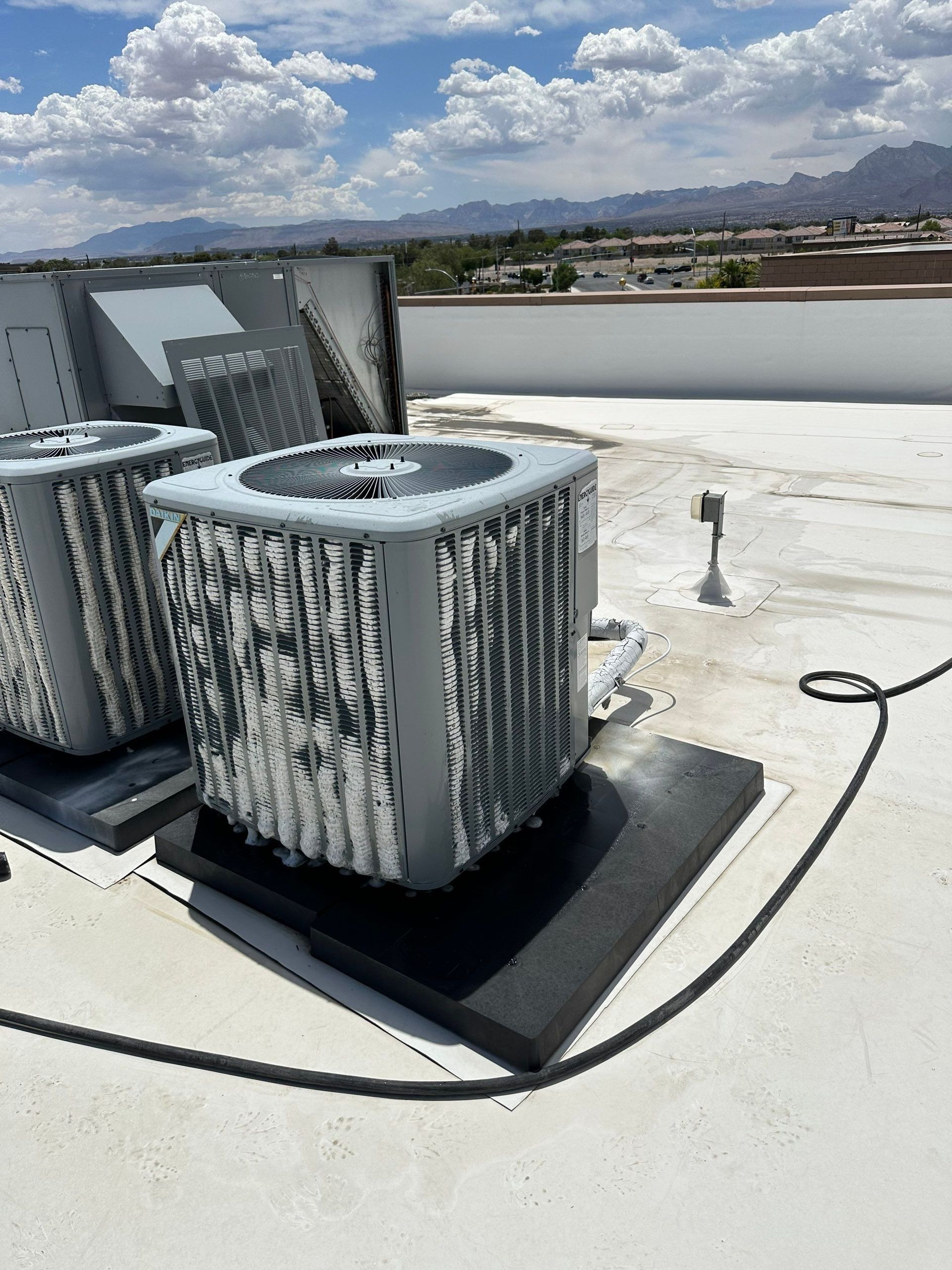
1. Clean or Replace Air Filters Regularly
Air filters are your heat pump’s first line of defense against dust, dirt, and debris. A clogged filter restricts airflow, forcing the system to work harder and reducing efficiency. To prevent this, check your filters monthly and replace or clean them every 1-3 months, depending on usage and the type of filter. If you have pets or allergies, you may need to replace them more frequently.
2. Keep the Outdoor Unit Clean
The outdoor unit of your heat pump needs proper airflow to function efficiently. Over time, dirt, leaves, and debris can accumulate around the unit, blocking airflow and straining the system.
- Clear away debris like leaves or grass clippings regularly.
- Wash the fins gently with a garden hose to remove dirt buildup.
Ensure there’s at least two feet of clearance around the unit for optimal performance.
3. Check and Seal Ductwork
Leaky or poorly insulated ducts can cause your heat pump to lose conditioned air, reducing efficiency and increasing energy consumption. Inspect your ductwork for gaps or cracks, and seal them with mastic or aluminum tape. Insulating ducts in unconditioned spaces like attics or basements can also help maintain consistent temperatures.
4. Schedule Annual Professional Maintenance
While some tasks can be handled by homeowners, an annual tune-up by a professional HVAC technician is essential for long-term efficiency. During a maintenance visit, the technician will:
- Inspect electrical connections and tighten them if needed.
- Check refrigerant levels and top them off if necessary.
- Test the thermostat to ensure accurate communication with the heat pump.
- Lubricate moving parts to reduce wear and tear.
- Inspect and clean the blower and motor.
This thorough inspection catches small issues before they turn into costly repairs.
5. Monitor Refrigerant Levels
Proper refrigerant levels are critical for your heat pump’s performance. Too little refrigerant can lead to inefficient heating and cooling, while too much can damage the system. If your heat pump isn’t maintaining consistent temperatures, call a technician to check for refrigerant leaks and recharge the system if needed.
6. Adjust the Thermostat
Using a programmable or smart thermostat can improve efficiency and reduce energy costs. During the heating season, set the temperature to 68°F while you’re home and lower it when you’re away or asleep. In cooling mode, aim for 78°F when home. Avoid drastic temperature changes, as these can overwork your heat pump.
7. Inspect for Unusual Noises
Pay attention to how your heat pump sounds during operation. Unusual noises like grinding, rattling, or squealing could indicate loose parts, worn bearings, or other issues. Addressing these sounds early can prevent more significant problems down the line.
8. Keep an Eye on the Defrost Cycle
During winter, your heat pump may accumulate frost on the outdoor unit. The defrost cycle automatically removes this frost to keep the system running efficiently. If the unit isn’t defrosting or if frost builds up excessively, it could signal a problem with the defrost system. Call a professional to inspect and resolve the issue.
9. Check Drainage and Condensate Lines
Heat pumps produce condensation, which needs to drain properly. Blocked or clogged condensate lines can lead to water damage and reduce system efficiency. Inspect the lines periodically and clear any blockages to ensure proper drainage.
10. Maintain a Clear Space Around the Unit
In addition to keeping the outdoor unit clean, make sure there’s no overgrown vegetation, furniture, or other obstructions within two feet of the unit. This allows for proper airflow, which is essential for efficient operation.
Why Regular Maintenance Matters
Regular maintenance not only keeps your heat pump running efficiently but also extends its lifespan and reduces the risk of costly repairs. A well-maintained heat pump can save you up to 25% on energy bills compared to a neglected system.
When to Call a Professional
While homeowners can handle tasks like cleaning filters and clearing debris, some maintenance—like checking refrigerant levels or inspecting electrical components—requires professional expertise. Scheduling annual or bi-annual maintenance with a licensed technician ensures your heat pump is in top condition.
Final Thoughts
Maintaining your heat pump doesn’t have to be complicated. With regular cleaning, timely filter replacements, and professional check-ups, you can enjoy efficient heating and cooling all year long. A little effort goes a long way in keeping your home comfortable while saving energy and avoiding unnecessary repairs.
Ready to keep your heat pump in peak condition? Schedule a maintenance appointment with a trusted HVAC professional today!
Ready to work with 32 Degrees Heating and Air Conditioning?
Let's connect! We’re here to help. Send us a message and we’ll be in touch. Or give us a call today at 725-720-2912
Agency Contact Form
Our Blogs...
32 Degrees HVAC Solutions
